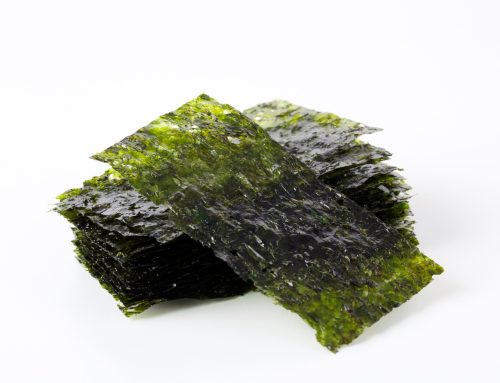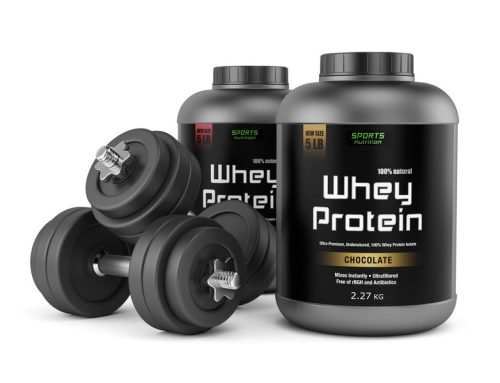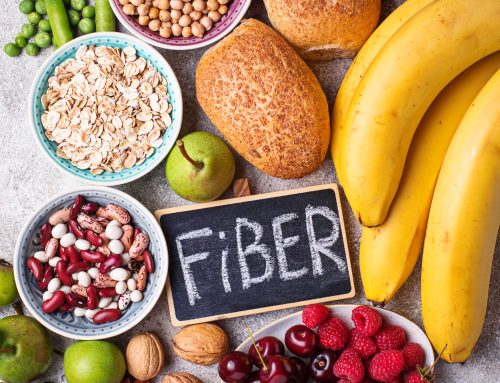Acai bowls have become one of the most hyped-up health foods on the market. They’re prepared from puréed acai berries — which are fruits grown in Central and South America — and served as a smoothie in a bowl or glass, topped with fruit, nuts, seeds, or granola.
Known for their vibrant color, creamy texture, and versatility, acai bowls are touted as an antioxidant-rich superfood.
On the other hand, the dish can be high in calories and added sugar, and some claim it might do more harm than good when it comes to your health.
Pros and Cons of Acai Bowls
This article from Healthline.com takes a closer look at the benefits and drawbacks of acai bowls to determine if they’re healthy.
Nutrient-Dense
The nutrition profile of your acai bowl varies depending on the ingredients used. That said, most bowls are high in fiber, antioxidants, and micronutrients like vitamin C, manganese, and potassium.
Calories: 211
Fat: 6 grams
Protein: 3 grams
Carbs: 35 grams
Sugar: 19 grams
Fiber: 7 grams
Commercial varieties often come in much larger portions and can contain up to 600 calories and 75 grams of sugar in a single serving, depending on which toppings you select.
In addition to acai berries, acai bowls often contain other fruits like strawberries, blueberries, and bananas.
These fruits are a great source of vitamin C and manganese, both of which act as antioxidants that protect your cells against oxidative damage caused by harmful compounds known as free radicals. They’re also high in potassium, an important nutrient that regulates blood pressure levels and protects against conditions like age-related bone loss and kidney stones.
Rich in Antioxidants
Acai berries are high in antioxidants that help neutralize free radicals to prevent damage to your cells. Test-tube studies show that acai berries are especially high in plant compounds known as anthocyanins. In one study, consuming acai pulp and applesauce increased levels of antioxidants in the blood in 12 healthy adults within 24 hours.
Human and animal studies suggest that acai berries could be linked to lower cholesterol levels, better brain function, and decreased colon cancer cell growth due to this antioxidant content.
High in Sugar and Calories
Acai bowls usually contain added toppings like fruits, nuts, seeds, and granola. While these ingredients are nutritious on their own, it’s easy to go overboard with your toppings and turn a healthy snack into a high calorie indulgence.
Acai bowls purchased from stores and restaurants are often sold in large portion sizes, sometimes containing two to three servings in a single bowl.
Commercially prepared acai bowls are high in sugar. In addition to contributing to weight gain, consuming too much added sugar can promote the development of liver problems, heart disease, and type 2 diabetes.
The most recent Dietary Guidelines for Americans recommend limiting your daily added sugar intake to no more than 12 teaspoons for those following a 2,000-calorie diet, which is equal to about 48 grams of sugar. Just one 6-ounce acai bowl packs in around 11 grams of added sugar, or about 23% of the total daily limit.
Acai Bowls Have Benefits and Drawbacks
Acai bowls — especially those that are commercially prepared — are high in calories and sugar, which could contribute to weight gain and health issues like liver problems, heart disease, and type 2 diabetes.
Click here to read full analysis of pros and cons of acai bowls.







